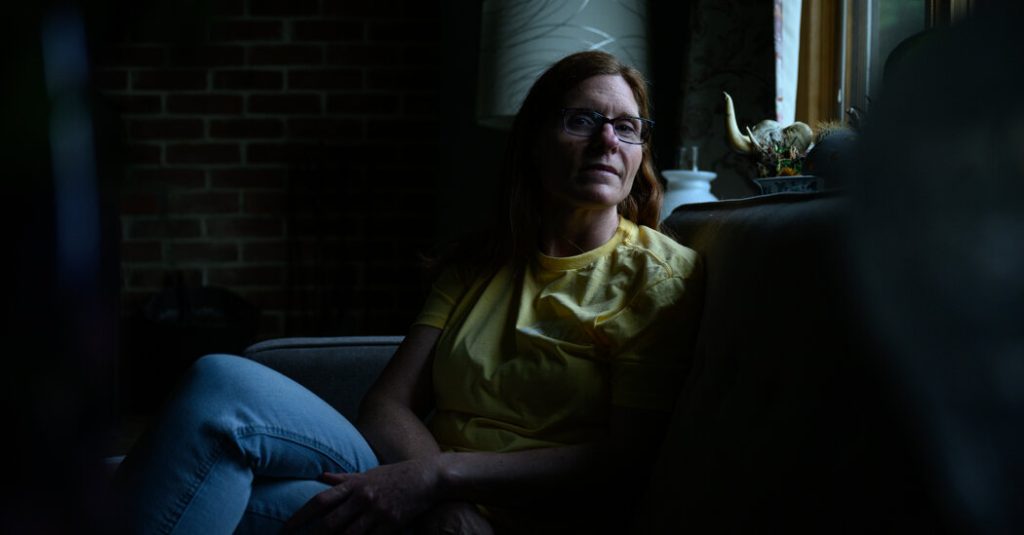Kim had been released from prison in 2014 after serving time for drug-related offenses. When her family went to meet her at the bus station, her sister Roberta stayed in the car, unable to face the emotional toll Kim’s incarceration had taken on the family. Kim’s return home was not the utopia she had imagined. Her children, whom she hadn’t seen in five years, were angry and she felt like a stranger in her own home. Family tensions arose as they grappled with who would take on the mother figure role in her absence.
Curt, Kim’s husband, refused to buy her a car after her release from prison. Instead, he fixed up a green Huffy bicycle for her to ride to her new job at a bagel store. Kim had to navigate the challenges of reintegration into society, including regular drug testing, therapy, and parole officer visits. She struggled with the realization that she didn’t know her children anymore, and tried to follow the advice of a counselor at an outpatient clinic to allow them to express their anger and feelings about her absence.
Kim tried to open up to her mother, Roberta, about the feelings that had led her to addiction. However, Roberta struggled to understand how Kim could choose drugs over her children. Despite encouragement to seek therapy, Roberta believed she could manage on her own, further complicating the family dynamics. Kim recognized the lack of communication in their household growing up, leading her to believe that secrets kept them all sick. She tried to have open conversations about difficult topics such as sex, alcohol, failure, fear, and stress, yet faced challenges in getting through to her family.
The strain of Kim’s addiction and imprisonment had taken a toll on each family member in different ways. While Kim struggled with rebuilding relationships with her children and mother, her sister Roberta maintained a stoic and distant demeanor, unable to fully acknowledge the emotional impact of the past years. Curt’s decision to give Kim a bicycle instead of a car symbolized his lack of trust and the ongoing challenges the family faced in moving forward together. The family dynamics shifted as they attempted to navigate forgiveness, understanding, and rebuilding trust in the aftermath of addiction and incarceration.
Kim’s journey toward recovery was met with resistance, anger, and disconnection within her family. Despite the challenges, she continued to work on her sobriety, attend therapy sessions, and rebuild relationships with her children. As she tried to understand her own motivations and past actions, Kim faced the harsh reality that her addiction had deeply hurt her loved ones. Through counseling and 12-step meetings, she learned the importance of honesty, communication, and addressing underlying issues to heal the wounds caused by her addiction.
Ultimately, the family’s journey through addiction, incarceration, and recovery highlighted the complexities of forgiveness, resilience, and love. As each family member grappled with their roles and emotions, they were forced to confront their own vulnerabilities and past traumas. Kim’s return home served as a catalyst for healing, growth, and rebuilding trust within the family unit. While the road ahead was filled with challenges and uncertainties, their shared commitment to understanding, empathy, and support paved the way for a future built on forgiveness and healing.


